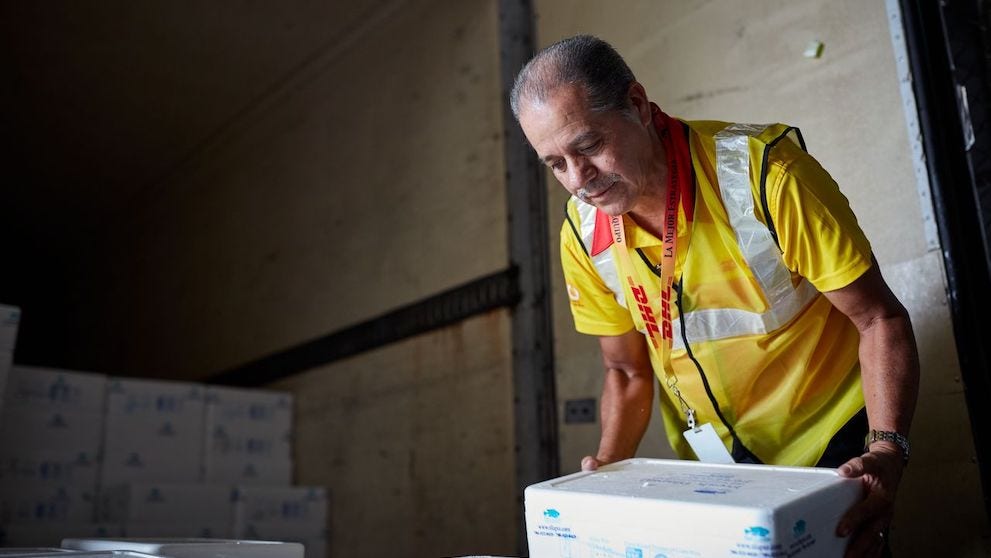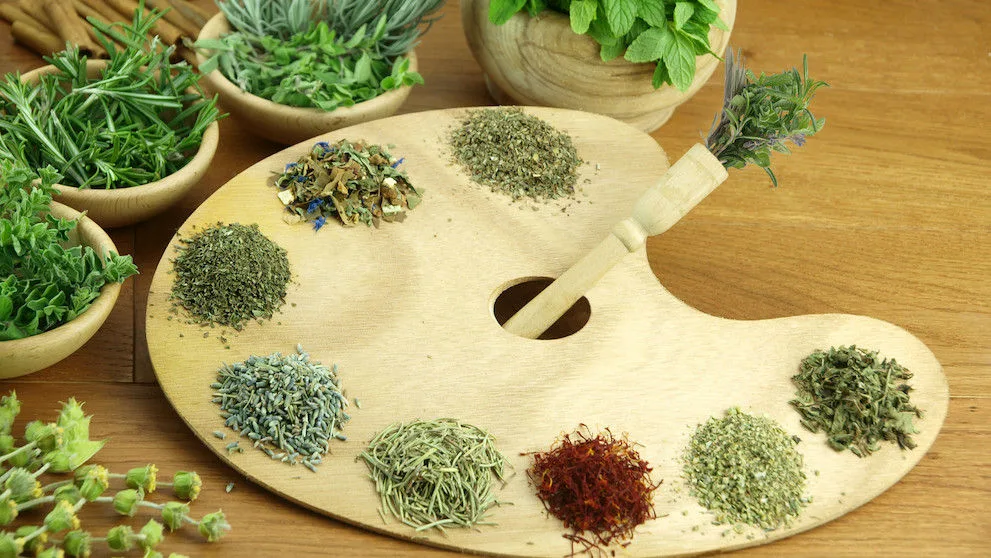
With Thailand’s abundance of fresh fruits, the country has made a name for itself in the global market for their processed fruit products. In 2023, Thailand has seen a growth in fruit exports, with experts from Kasikorn Research Center predicting a 2.3% increase year-over-year. Their report also states that there has been a strong growth in chilled and frozen fruit exports to the Chinese market, with demand continuously rising.
The top five Thai fruits that were exported to China were banana, young coconut, durian, dragon fruit, and longan, which came in various forms – fresh, frozen, dried, and canned. In fact, 95% of China’s durian imports were from Thailand, as reported by the Thai Ministry of Commerce. Aside from China, 208 Thailand exporters are also shipping dried fruits to 253 buyers globally, with Vietnam, Germany, and the Netherlands being significant trading partners, as recorded by Volza.
RECP Trade Agreement - Key growth contributor to Thailand’s exports
According to ASEAN Briefing, one of the significant contributors to Thailand’s export growth is its participation in the Regional Comprehensive Economic Partnership (RECP) Trade Agreement. The RECP trade agreement is a free trade agreement among 15 Asia-Pacific nations, including China and Thailand, among others. After the agreement came into effect, Thailand saw spikes in trade, particularly for food products, such as fruits and vegetables.
Recently, government data revealed that from January to April 2023, Thai business owners leveraged the RECP trade agreement and saw a 107% surge in exports. As Thailand strengthens its strategic economic partnerships with different countries, dried and other processed fruit business owners have ample opportunities to expand their business globally and increase their market size.
Competitive landscape: Thailand in the global processed fruit market
Aside from Thailand’s thriving fresh fruit exports, their processed fruit products exports have also been gaining traction. If you want to venture into the global market, you will need to get more insight into the current landscape of the processed fruit products industry.
Thailand's position and primary competitors in the processed fruit market
In the expansive global processed fruit market, Thailand stands out as a key player, with dried fruits being one of its top food products for export. In 2023, the revenue of the processed fruits market amounts to US$286.90 million, according to Statista. Moreover, the market is expected to show a volume growth of 3.9% in 2024. The rise of the fruit processing market is because of the rising consumer demand for healthier options with high nutritional value.
Moreover, these processed fruit products are more accessible and have a longer shelf life compared to fresh produce, as explained by a research paper on the “Fruit and Vegetable Processing Market in Thailand” published in 6Wresearch.
However, the processed fruit product market comes with its fair share of competition. Two of Thailand’s primary competitors in Asia for processed fruit product exports are Vietnam and India. Vietnam’s processed fruit export has also seen an increase this year, with reports recording a 23% year-on-year growth in the first four months, according to the Vietnam Fruit Association. On the other hand, in a report by the Ministry of External Affairs of the Government of India, the country’s fresh and processed fruit exports grew to 18.8%.
Safeguarding market lead
To support Thailand’s export economy, Thai government officials worked closely with the private sector to come up with proactive measures to help achieve export targets, as per an article by Pattaya Mail. These proactive measures include production, domestic marketing, seeking new markets abroad, and negotiation with trade partners. By continuously adapting and refining strategies, the country strives to ensure its place in the global processed fruit market.
Thailand’s unique selling proposition in the processed fruit products industry
Thailand’s advantage in the global processed fruit market is its abundance of fresh fruits, strategic location, and growing economic partnerships.
1. Fruit produce available
The availability of fruits in the region has prompted the need for efficient processing and preservation methods, as per a report called “Thailand Fruit And Vegetable Processing Market” published in 6Wresearch. Therefore, Thai businesses have used a wide range of methods to preserve their fruits, such as canning, freezing, freeze-drying, air-drying, and more.
One popular processed fruit product that has specifically gained traction in the market is freeze-dried fruits, particularly freeze-dried durian. Freeze-dried fruits are a type of dried fruit, which are processed using a vacuum freeze-drying machine to eliminate the water from the fruit. Another report published in 6Wresearch cited that what makes freeze-drying appealing is that it preserves the natural taste, colour, and nutrients of the fruit.
2. Strategic location at the heart of Southeast Asia
Aside from Thailand’s thriving fruit harvest and thriving processed fruit manufacturing, its location offers a strategic advantage in global trade. According to ASEAN Briefing, being at the centre of ASEAN enables Thailand to be a vital manufacturing and distribution base with direct links to the Chinese and other Asian markets.
3. Economic partnerships
Another advantage is Thailand’s trade agreements with various countries. The ASEAN Briefing report also states that Thailand has 14 free trade agreements (FTAs) and the Regional Comprehensive Economic Partnership (RCEP). As such, this allows more countries to benefit from Thailand’s resources, like processed fruit products. For more information about shipping your goods to key destination countries, you can check out our comprehensive guide on international shipping and how to start exporting to China.
Significant considerations when expanding internationally in the processed fruit market
When shipping processed fruit products overseas, exporters must consider the consistent production quality of the processed fruit products and efficient shipping of the goods to destination countries.
1. Maintaining the quality of the processed fruit products
The processed fruit industry in Thailand encounters challenges related to maintaining impeccable product quality, safety, and market competitiveness, as per a report from 6Wresearch. Upholding the flavour, colour, and nutritional value throughout the processing stages is imperative to meet consumer demands for processed fruit products.
Achieving this often entails leveraging advanced processing technologies and implementing stringent quality control measures. Moreover, placing a premium on food safety and adhering to rigorous hygiene standards is paramount to prevent contamination and maintain consumer confidence.
As the market expands and international trade surges, grappling with global food safety standards and addressing potential regulatory disparities across borders emerge as pivotal challenges.
2. Logistics & transportation
Efficient logistics and transportation is vital for Thailand's processed fruit industry. Ensuring the smooth and timely shipment of processed fruit products to destination countries requires a well-coordinated and streamlined approach. Factors such as varying transportation regulations, climate considerations, and the need for specialised arrangements for processed fruit exports may add layers of complexity to the logistical process.
To overcome these challenges, establishing robust logistics strategies, partnering with reliable shipping providers, and staying abreast of international shipping regulations become imperative. As Thailand strives to maintain its position in the global processed fruit market, addressing these logistics and transportation challenges will be key to ensuring a seamless journey from production to international markets.


















